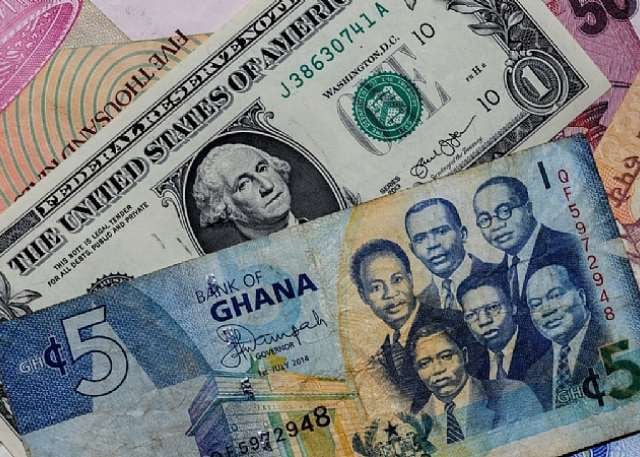The Ghanaian Cedi’s Performance Against Major Currencies on July 11, 2025: A Comprehensive Overview
The Ghanaian cedi’s performance against major international currencies, particularly the US dollar, has been a subject of constant observation and analysis. On Friday, July 11, 2025, the cedi experienced fluctuations in its value against the US dollar, reflecting the dynamic nature of the foreign exchange market. According to Cedirates.com, a trusted Ghanaian platform that tracks daily currency and fuel rates, the average buying rate for the US dollar stood at GHS10.39, while the selling rate reached GHS10.96. This indicates a noticeable spread between the buying and selling rates, reflecting the inherent costs and profit margins associated with currency exchange transactions.
The forex bureaus, which play a significant role in the retail foreign exchange market, offered slightly different rates compared to the interbank market. The cedi traded at GHS11.40 for dollar purchases and GHS11.95 for dollar sales at these bureaus. This difference in rates between the interbank market and forex bureaus is common and reflects the varying operational costs, market reach, and customer bases of these different market participants. The interbank market, facilitated by the Bank of Ghana, recorded a buying rate of GHS10.39 and a selling rate of GHS10.41 for the US dollar. This relatively narrower spread compared to the forex bureau rates is a reflection of the wholesale nature of transactions within the interbank market.
The cedi also experienced fluctuations against other major currencies, including the British pound and the euro. Against the British pound, the average forex bureau rate was GHS13.91 for buying and GHS14.78 for selling. The Bank of Ghana’s interbank rate for the pound stood at GHS14.12, demonstrating a relatively smaller spread compared to the bureau rates. Similarly, the euro traded at GHS12.04 for buying and GHS12.76 for selling at forex bureaus, with the interbank rate at GHS12.16. These rates underscore the complex interplay of market forces, including supply and demand dynamics, economic indicators, and global currency trends, that influence the cedi’s value relative to other currencies.
Money transfer operators, such as LemFi and Afriex, offered competitive rates for remittances from the US and UK to Ghana, further diversifying the foreign exchange landscape. LemFi offered rates of GHS10.35 and GHS10.36 for the US dollar, while Afriex offered slightly higher rates. For the British pound, LemFi offered GHS14.03, while Afriex offered GHS14.07. For the euro, Afriex quoted GHS12.11, while LemFi offered GHS12.09. These competitive rates within the money transfer space provide consumers with options and contribute to a more dynamic market.
Digital subscription services, a growing part of the modern economy, also utilize specific exchange rates for transactions using Visa and Mastercard. For services such as Netflix, Spotify, and Apple Music, the exchange rate for both Visa and Mastercard stood at GHS11.18. This highlights the increasing integration of digital transactions into the foreign exchange market and the need for transparent and competitive rates in this domain.
In summary, the Ghanaian cedi experienced varying exchange rates across different market segments on July 11, 2025. Forex bureaus, the interbank market, money transfer operators, and digital subscription services all offered different rates, reflecting the diverse nature of the foreign exchange market and the specific factors influencing each segment. These rates play a crucial role in international trade, remittances, investments, and everyday transactions, impacting both businesses and individuals. The availability of reliable information on these rates, as provided by platforms like Cedirates.com, empowers consumers and businesses to make informed decisions in the foreign exchange market. The observed fluctuations underscore the dynamic nature of currency markets and the importance of monitoring these rates to understand the economic implications for both Ghanaian businesses and individuals engaging in international transactions.


